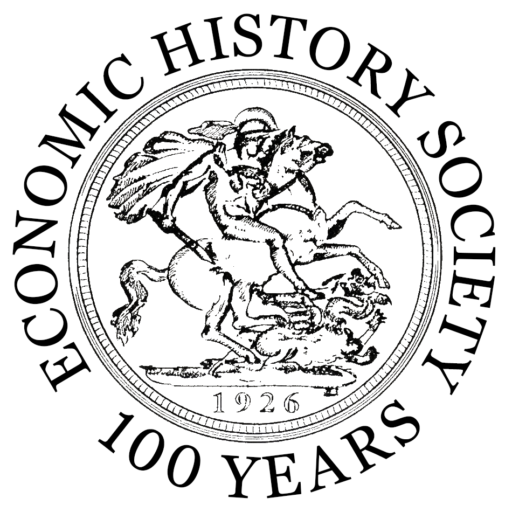The Barbados Census of 1679 and the Legacies of Slavery in Early Modern England
This blog post is based on a grant awarded to Dr Michael Bennett of the University of Sheffield and Dr Misha Ewen, now of the University of Sussex, by the Economic History Society through the Carnevali Small Research Grants scheme.
—
In the late seventeenth century, Barbados was the wealthiest and most important colony in the English empire. The foundation of this prosperity was slavery. In the 1680s, approximately 40,000 enslaved African people were forced by English landowners to labour in the Barbadian plantation economy, producing sugar and other tropical commodities for sale in European markets.
Our collaborative project, generously funded by an Economic History Society Carnevali Small Research Grants scheme, will deliver the first prosopographical analysis of Barbados’ “planters” during the seventeenth century. The starting point for our analysis is the census of all Barbadian landowners and enslavers that was compiled by officials in 1679 and returned to England the following year. Richard Dunn’s pioneering study of the census, published more than 50 years ago, was focused upon the insights this source can provide into colonial social history and intercolonial networks. Our interest, by contrast, is to use the 1679 Barbados census as a basis for developing a more holistic understanding of the role of slavery and plantation in the development of early modern England.
Our pilot study is focused on a sample, drawn from the census, of 181 men and women who claimed ownership of 60 or more enslaved African people. This group of “large enslavers” made up just 6% of the 2,943 property-holders in Barbados in 1679, but they claimed ownership of 20,572, or 55%, of the total enslaved African population on the island, which numbered 37,700 according to the census. Therefore, their economic, social, and political power on the island provides a promising and discrete sample to explore deeper and more extensive connections to England and elsewhere.

We will investigate the ties of these 181 “large enslavers” to property, institutions, and interest groups within England, look for evidence of absenteeism, and explore direct familial links to compensation claims following the abolition of slavery in 1833-34. In doing so, the project will deepen understanding of seventeenth-century Caribbean planters, enslavers, and absentees, determining whether individuals such as Henry Drax, Christopher Codrington, and Barbara Newton – who had deep and multifaceted connections to English society – were the exception during the early modern period, or if they were instead an example of a general trend that is in need of detailed further study.
Through this analysis, our project will move beyond a case study approach to provide a more holistic analysis of the relationship between English society and plantation slavery in Barbados during the late seventeenth century, revealing the role of women and other groups, and reshaping how we understand the longevity of Barbadian planter dynasties which were extant by 1679.
To contact the authors:
Dr Michael Bennett
University of Sheffield
Dr Misha Ewen
M.Ewen@sussex.ac.uk
University of Sussex

